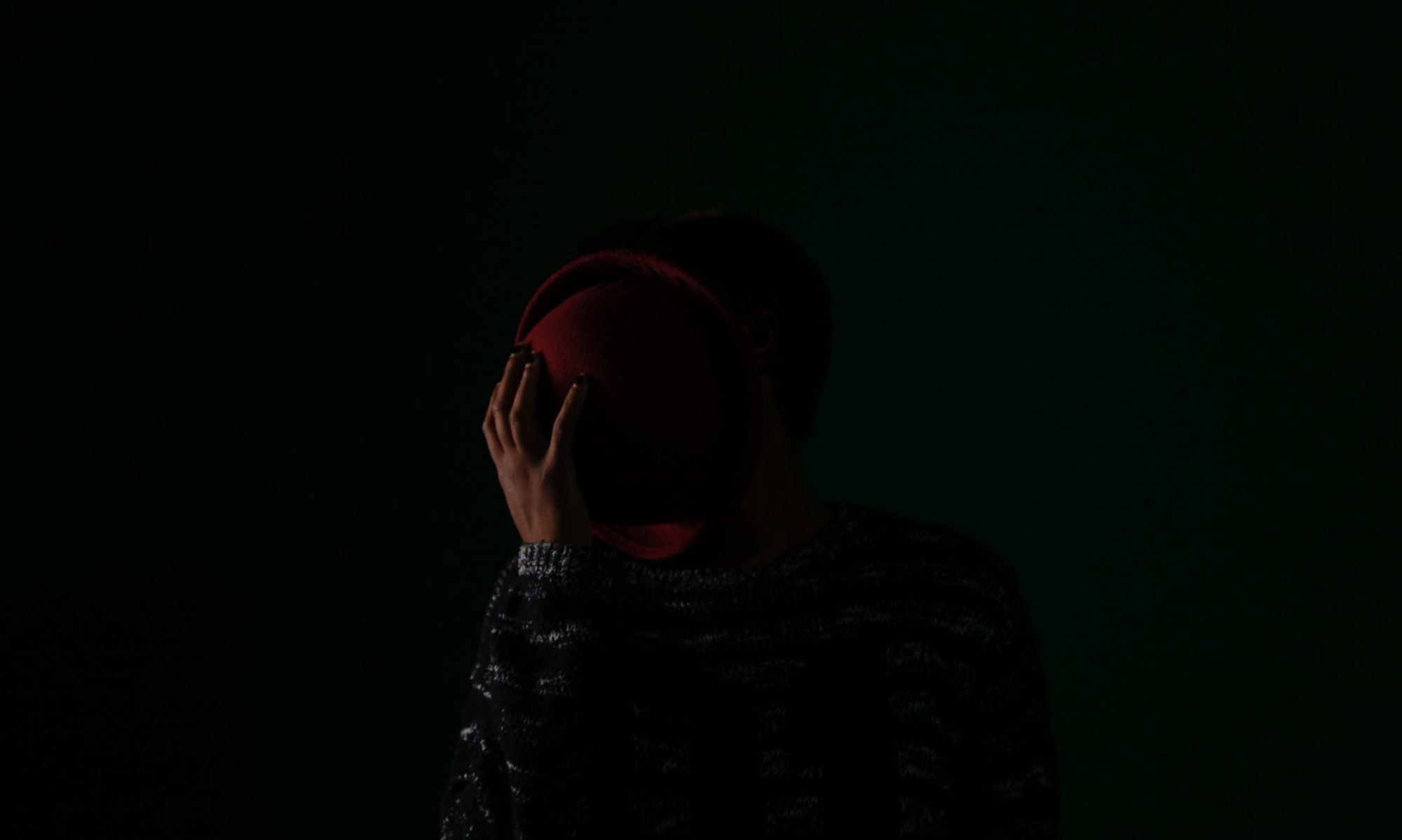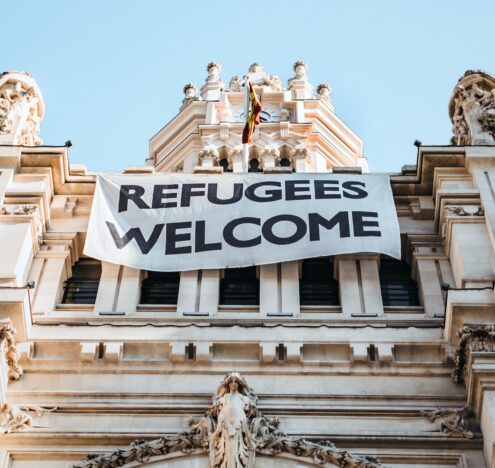“I’m a citizen in a country of grief.”
I first heard this statement at a live poetry reading and interview for Ocean Vuong’s new book, Time Is A Mother. I had never read Vuong before and went only because of my dear friend Virginia’s invitation and my eternal mantra: “I’ll try anything twice.” So before the event, I listened to an NPR podcast episode interviewing him to give myself an idea of what to expect. According to Vuong, this poetry collection is “a search for life after the death of his mother.”
Listening to Vuong speak with such power and emotion when describing the unappreciated art his mother did as a nail technician deeply resonated with me. I thought about my mother, who works tirelessly to care for the elderly. I thought of my grandmother, who has dedicated — and continues to dedicate — her entire heart and soul to care for our family. I thought about all the other women in my life who give so much to a world that does not value them for what they are worth. Contrast this with the recent death of my absent father, who I know better in death than in life. When I think of him and our relationship, sometimes I grieve for what could have been. So I was excited yet hesitant to go to the Vuong event, knowing it would be eye-opening and soul-crushing all at once. But instead, I left with a profound urge to reflect on the ways grief has manifested in my own life, especially in my job working to abolish nuclear weapons.
“A WOUND THAT WILL NEVER HEAL”
Every day I am inundated with grief. Working to abolish nuclear weapons and learning about their sordid history, I am forced to reckon with the potential of annihilation every second of every day. I have to balance holding space for others’ mourning of love and hope and life lost while managing my existential anguish as I reckon with how we have made ourselves — and other unwilling victims around the world — citizens of grief by allowing these weapons to steal precious life.
While it remains heavy in my heart, I have learned to appreciate grief, to carry it with me as a reminder of the beauty of living and the importance of fighting for a life worth living. I use this grief to pour love into my abolition work.
It has been this way since I first started learning about the atrocity of nuclear weapons. When I read the Hibakusha testimony from the atomic bombings of Japan, I closed my eyes in a failed attempt to escape the horrors dancing in my mind. I was enraged when I learned about how the US assisted in the assassination of the first democratically elected prime minister of the Democratic Republic of Congo, Patrice Lumumba, and then subjected the Congolese to decades of misery by propping up pro-Western dictator Mobutu Sese Seko — all for access to a uranium mine. I am disgusted that the US government never bothered to tell Diné (Navajo) uranium miners about the lethal dangers of radiation exposure, letting radiation contaminate every aspect of their lives, even to this day. My heart breaks for the Marshallese diaspora who await a return to a homeland that has been altered forever by severe radioactive contamination. I have cried in meetings with congressional staff as I listen to downwinders exposed to radiation due to US nuclear weapons testing during the Cold War. They recount stories of the children they’ve lost, the diseases they’ve survived, and the pain they’ve endured. They plead for the US government to acknowledge its sins and fully support the citizens used as experiments without their consent through the Radiation Exposure Compensation Act (RECA), which is set to expire in July of this year.
You cannot separate nuclear weapons from death, mourning, violence, and grief.
We have become so accustomed to grieving daily, whether it’s because of nuclear weapons, police brutality, climate change, war, etc. We are all citizens in a country of grief, struggling to survive in a world of grief.
I am a steadfast nuclear weapons abolitionist, but the emotional, mental, and spiritual toll it takes is too much to bear sometimes. From the moment I wake up to the moment I go to sleep, I am brutally aware that at any given moment, life and the world as we know it could cease to exist if these weapons were used. There have been days when I worried about how much longer I can allow this grief to pile up inside me; how long I can keep doing this work before it utterly consumes me. Sometimes I feel too overwhelmed to continue this work. Then comes an immense sense of guilt, knowing the existence of these weapons unceasingly steals and ruins people’s lives. So I usually swallow it and push on because what other choice is there? We have to accomplish this work before we run out of time, out of luck.
THE POWER OF GRIEF
“Grief is perhaps the last and final translation of love.”
I find myself returning to Vuong’s NPR interview, contemplating his idea of grief as the last act of loving someone and how this is something that will always be with you. It has helped me transform my personal and professional relationship with grief. While it remains heavy in my heart, I have learned to appreciate grief, to carry it with me as a reminder of the beauty of living and the importance of fighting for a life worth living. I use this grief to pour love into my abolition work. To equip me with the strength I need to fight for those who can no longer fight for themselves and uplift those who continue to fight despite all they have lost. To give others a chance at a life worth living without the insidious horrors that will continue to ravage communities around the world until we abolish nuclear weapons.
This is why I fight for nuclear abolition. I fight for a future where this grief no longer throbs in heavy, ever-consuming waves but rather a soft reminder of where we come from, who we fight for, and why this work is so important: to preserve, cherish, and celebrate life.
In grief, I have found hope. I hope you can too.
Jasmine Owens (she/her) is the Lead Organizer and Policy Coordinator for the Nuclear Weapons Abolition Program at Physicians for Social Responsibility. Her work and her passions focus on centering our collective humanity in the fight for a more just and equitable world, starting with the abolition of nuclear weapons.





















